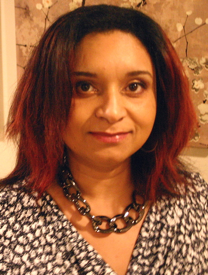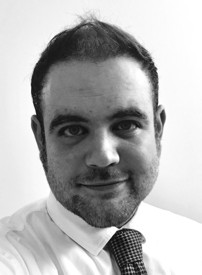Expert Help for OCD
Take Your Life Back from OCD
Offering expert treatment for all types of OCD, including unwanted obsessional thoughts. Our OCD treatment program is typically 10 weeks. We offer twice-weekly sessions, groups, and intensive programs. Intensive program can be in person or online. Low cost options available. Contact us...
Behavioral Wellness Clinic
392 Merrow Rd, Suite E,
Tolland, CT 06084
Office: (860) 830-7838
New England
OCD Institute
Clinical Training for Student Therapists
Practicum Students
The New England OCD Institute is pleased to provide clinical training experiences to a wide range of mental health students from regional and national institutions of higher learning. We are committed to a strong emphasis on empirically-supported interventions, psychopathology assessment, and the provision of culturally-appropriate care.
Clinical psychology students will receive one hour of weekly supervision from a licensed psychologist. All students will receive an additional 1-2 hours per week of group supervision focused on OCD and related disorders. Supervision will include a combination of in-person and online modalities. Most of our clients have extreme psychopathology. As such, this should be considered an advanced placement setting and practicum students should have at least a master's degree or the equivalent. Placements are a minimum of one year and typically include 16-20 hours per week.

Clinical Activities
Direct service includes a range of activities and usually comprises at least half of a trainee’s duties. These include, but are not limited to:
Psychotherapy: Practicum students carry an individual caseload of approximately 6-8 clients per week. The cases are pre-screened through the intake process so that progressively more difficult cases can be assigned as the trainee’s ability and confidence develop. Trainees who are interested in working with children may also have the opportunity to work with families with help from a senior clinician.
Assessment Activities: Practicum students are asked to make one or two intake times available each week to do phone screenings and initial assessment interviews with clients requiring servicees. Trainees are also encouraged to use the wide range of available testing materials to conduct assessment of clients on their own caseloads as deemed appropriate by the trainee and his or her supervisor.
Other Activities: Practicum students may also assist with support groups, including co-leading therapy groups together with senior clinicians. They may also assist with outreach and consultation activities, such as providing workshops together with a senior clinicians, and more advanced trainees may have the opportunity to provide educational programming on their own.
Professional Development: Trainees will participate in training activities, such as workshop and seminars as planned.



